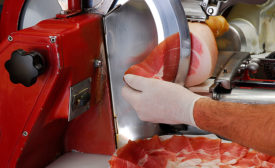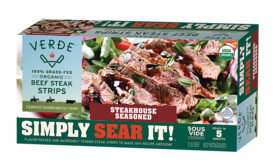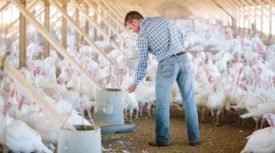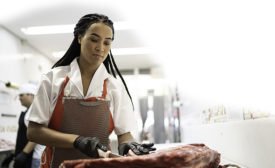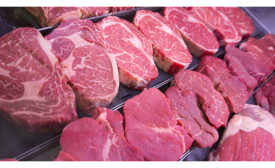Meat and Poultry Processing
Growth Opportunities | Premium Meat
Consumers Seeking Claims
Meat products with the desired attributes are premium products in the marketplace.
Read More
Cover Story
The new generation of Diestel Turkey Ranch
California processor blends traditional production practices with modern-day operating philosophies.
Read More
Video | Coronavirus Coverage
FoodMaven buckles down to keep employees safe, product flowing
April 16, 2020
Tech | Processing
Processors can reduce injuries
Processors can reduce injuries to workers using cutting equipment by implementing and enforcing safety guidelines.
Read More
Cordray's Corner | Dr. Joe Cordray
Good company leaders
Contribute to the success of a company in both good times and difficult times
Read More
Special Report | Portion Control Trends
Trimming the fat: pre-portioned meats offer ease and convenience
Read MoreStay ahead of the curve. Unlock a dose of cutting-edge insights.
Receive our premium content directly to your inbox.
SIGN-UP TODAYCopyright ©2024. All Rights Reserved BNP Media.
Design, CMS, Hosting & Web Development :: ePublishing
